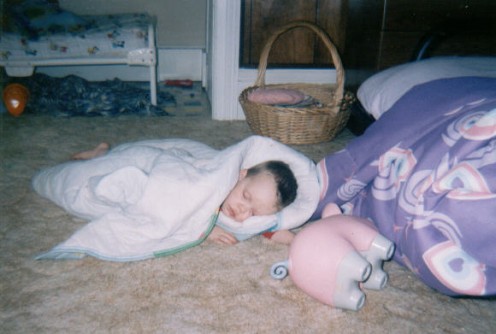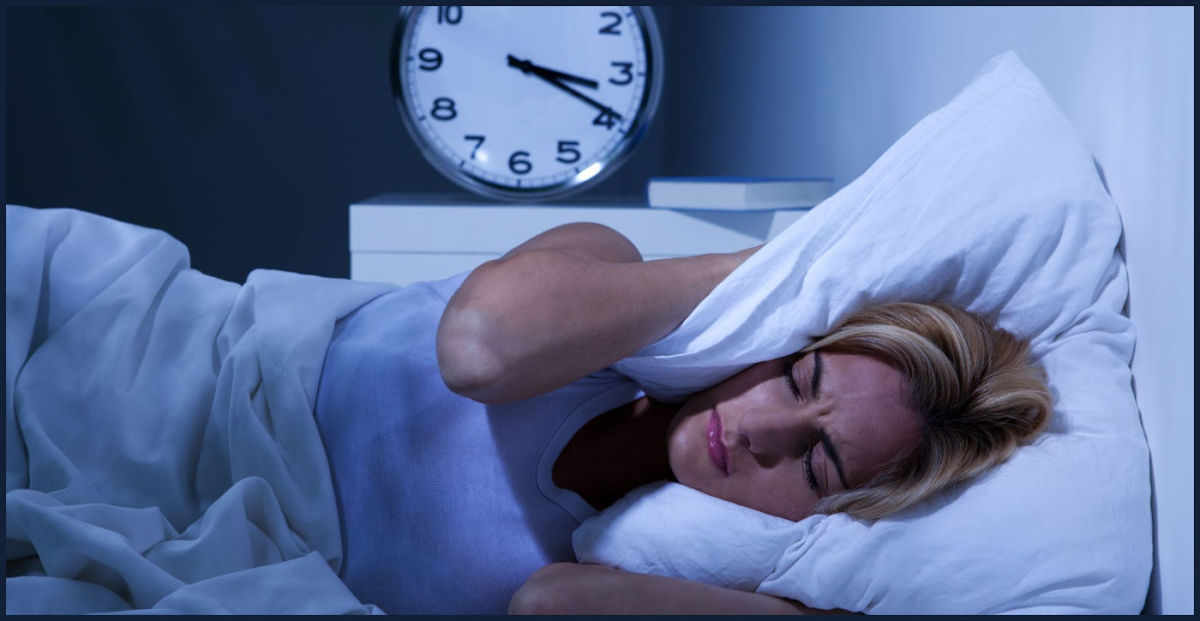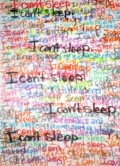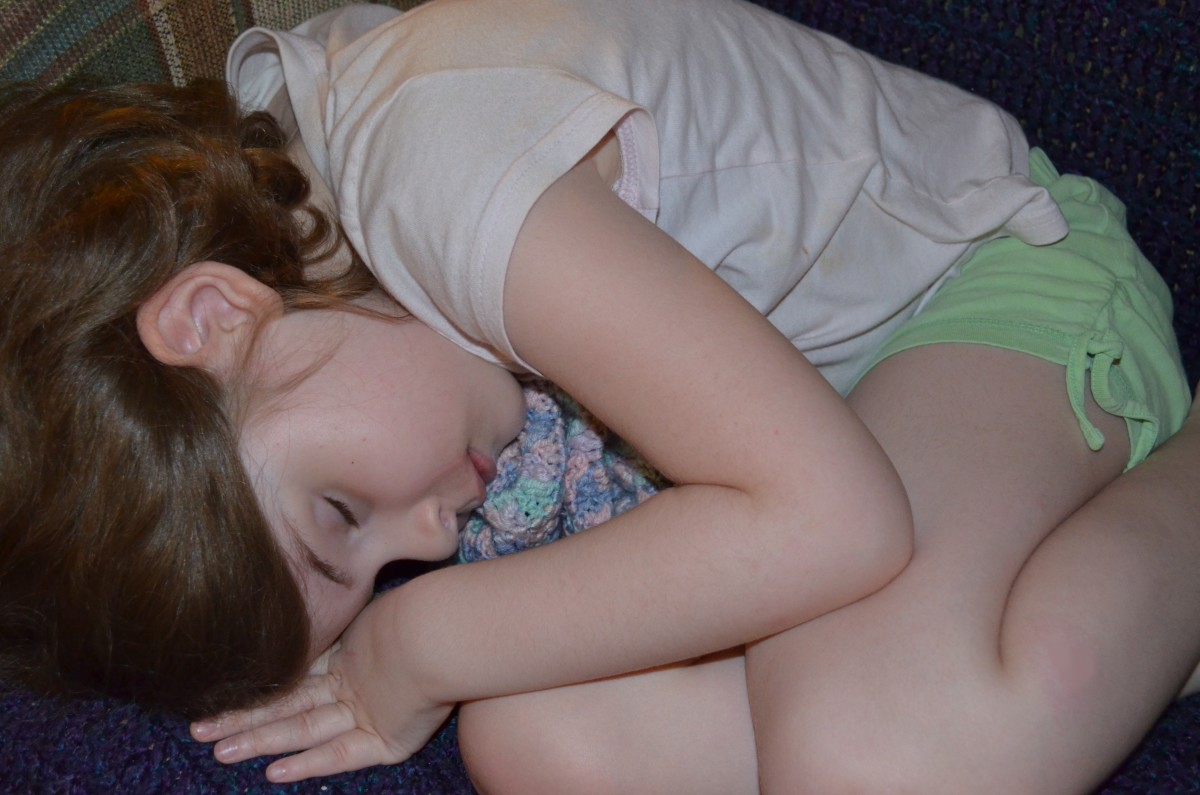Sure Fire Strategies To A Good Night's Sleep

Find What Works For You
Sure Fire Strategies To A Good Night’s Sleep
Are you not getting enough sleep? Are you tossing and turning? Do you have a hard time falling asleep or staying asleep? Do you wake up to early, and feel like you haven’t slept at all? If so, it may be possible you have a sleep problem.
Believe it or not, it is estimated that a third of Americans have some form of sleep problems. Do you feel irritable or tired during the day, because you slept terribly? Do you lack energy or have trouble paying attention, because you slept very little, if at all?
If your sleep problems affect your mood or your activities or last more than a few weeks, it could mean you may have a sleep disorder, and it might be the time to do something about it. NOT SLEEPING WELL LEAVES YOU irritable, tired, moody and inattentive.
It can also increase your risk of heart disease, diabetes, and weight gain. Because you may be eating the wrong foods, drinking to much coffee or soda as a pick-me-up. Not getting the proper nutrition or appropriate amounts of exercise. So basically you are left energy-less with the proper amount of sleep for your body.
How Much Sleep Do We Really Need?
Many adults on average require about 7 to 8 hours of sleep. Some people don’t need exactly that much, they can get by on 5 hours and be perfectly functional with that amount. Others may need 10 hours to feel rested and energized.
WHAT DO YOU NEED?
1) Does it take you longer than 30 minutes to fall asleep?
2) Do you wake up several times during the night?
3) What is your mood like during the day? Refreshed, sleepy, or agitated?
4) Are you irritable? Does everything and everyone get on your nerves?
5) Is your concentration out the window?
6) Do you need to take a naps to get yourself through the day?
If you think you are having problems with sleeping, it is a good idea to try and pinpoint a root cause for lack of sleep. If you can’t deal with your sleep issues on your own, you may need to talk with a doctor about some other solutions to assist you in getting that much needed sleep.
Is discomfort causing your sleeplessness?
1) Do you have a stuffy nose or have a cold?
2) When you lie down, do you get a burning in your chest?
3) Do you have aches and pains throughout your body?
4) Do you have discomfort in your legs at bedtime, like cramps?
5) When you’re sleeping, do you snore loudly, feel like you are choking, or like you are going to stop breathing?
6) Do your arms and legs jerk during the night while you sleep?
If you present some these symptoms you may want to talk to your doctor. They may be warning signs of a other medical conditions, preventing a comfortable night's rest.
Your Medicine Could Be The Culprit
Prescriptions medications you take for other conditions could be affecting your sleeping patterns. These could be the cause of your restlessness or what is keeping you awake when you are suppose to be sleeping. Check with your doctor about drug interactions. Ask your doctor if perhaps an over the counter medication you can use, or he may be able to give you a prescription for sleep. Or change everything altogether.Work together to find solutions that work for you.
Check Your Eating Habits
1) Are you using alcohol to sleep?
2) Do You smoke cigarettes?
3) Are you using large amounts of caffeine before bedtime? Try to limit tea, drinks with cola, coffee, and other caffeine laden drinks.
4) Do you eat before bedtime, are you going to bed feeling bloated and full?
If any of these are causing you problems you may be able to make some simple changes to your diet to improve your sleep, just by eliminating a few simple things, or changing the time you consume them. Make sure your sleep setting is comfortable, quiet, and dark.
Your Sleep Schedule Is Important
1) Do you work odd, or off hours that keep you from sleeping at regular times?
2) Do you have a hard time falling asleep, and a hard time getting up in the morning?
3) Do you have a hard time staying awake in the evening and waking to early in the morning?
Some Strategy's To Get A Good Night's Sleep
REMOVE SLEEP BARRIERS
By changing a few eating habits you may be able to improve your sleep
1) Don’t eat heavy meals close to bedtime
2) Limit caffeine loaded food and drinks 4 to 6 hours before bedtime. these include tea, cola,chocolate, and coffee.
3) Avoid rinking alcohol before bedtime background music.
4) When in bed avoid going over the day’s activities, don't plan tomorrow, concentrate on sleeping.
MAKE YOUR BEDROOM QUIET COMFORTABLE AND DARK
1) Move the alarm clock away from the bed so it isn't distracting you every time you look at it. Artificial light threatens the quality and quantity of sleep you are getting.
2) Use earplugs for quiet if necessary. Run a fan to block out background noise.
3) Make sure your pillows and bed are comfortable as possible.
4) Make sure the room is a comfortable cool temperature.It is said a cool room is better for comfortable sleep.
5) make sure your room is dark, use a sleep mask if necessary.
And last but not least practice good sleep habits. If you cant fall asleep following the steps below may help you.
1) Do not nap longer than an hour during the day, this may make you less sleepy at bedtime.
2) Go to bed on when you are tired.
3) Don't use your bed for living central. It should be used for sleeping and sex. no planning your vacation, no computers, or TV, no eating dinner or family get together in the bedroom, sleeping only.
4) If you don't fall asleep after 20 minutes get up and do something. try reading a book, or go watch a movie. Something relaxing.
5) Get up at the same time every day no matter how much sleep you get. This develops a good sleeping pattern for you.
MORE TIPS FOR A GOOD NIGHTS SLEEP
Relax at the end of the day. Slow down a few hours before you go to bed.
1) Try some calming activities. Yoga, crossword puzzles, or knitting.
2) Avoid negative activities before bed these include paying bills.
3) Listening to music can be relaxing. Music relaxes and distracts you, which slows your heartbeat and breathing. Pick something soft, slow, slow classical, or jazz instrumentals.
4) Avoid getting upset before going to bed.
5) Take a warm bath to relax your muscles
6) Reduce your fluid intake after 8 pm to reduce the risk of waking with a full bladder.
EXERCISE TO IMPROVE SLEEP
Try exercising 4 to 6 hours before going to bed. Don't exercise right before bed, as it might interfere with your sleep.Studies have shown that people who exercise, sleep longer and take less time to fall asleep, and their sleep feels more refreshing. Research shows women ages 50 to 75 who started taking a half-hour walk in the morning improved their sleeping habits by 70 %percent. Afternoon exercise also improved sleep, but evening exercise-within three hours of bedtime caused sleep problems for those who exercised in the evening.
Other Hubs You May Enjoy
- Does The Hot Summer Weather Affect Your Bipolar Mood...
Do you have bipolar disorder? Have you ever wondered if the heat of summertime has any effect on your mood cycles? Read further to find out if summer heat is effecting your mood swings. - Tips To Give Your Motivation A Healthy Boost
Often times in life are self-esteem becomes low and we lose our motivation. Finding your motivation can be as easy as working out, self-talk or even therapy. The following tips will help you find the motivation you deserve. - Ways To Stay Healthy And Manage Stress
You are what you eat Getting healthy and staying on the path to wellness is an ongoing pursuit for many of us. Maintaining a healthy diet, losing weight, and staying healthy takes commitment and motivation. To maintain these lifestyle changes we... - Help For Overcoming Depression
There are many people who have never experienced what depression is. Then there are those that have been touched in ways so intensely, they welcome medication and hospitalization, in the hopes they will find comfort. Not everyone tries to...








